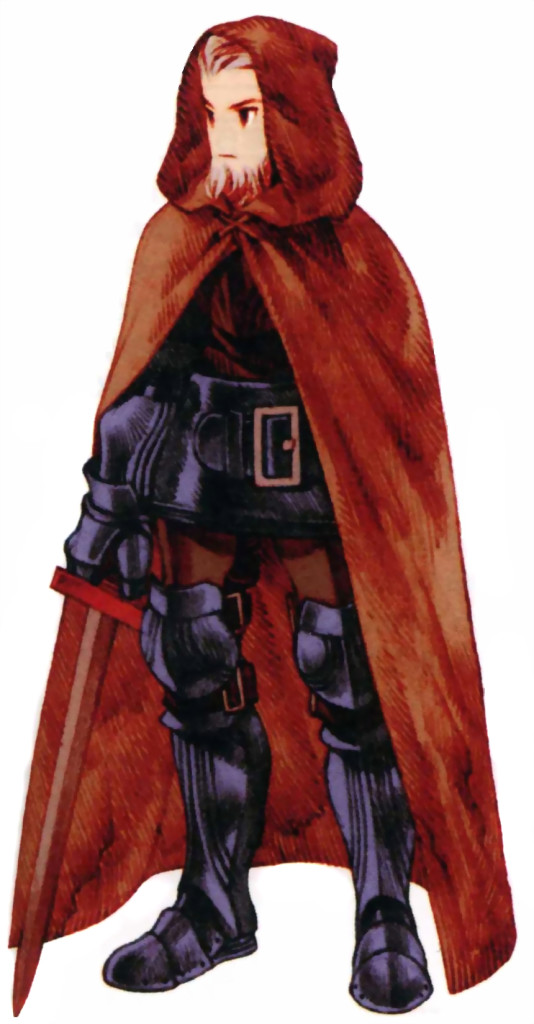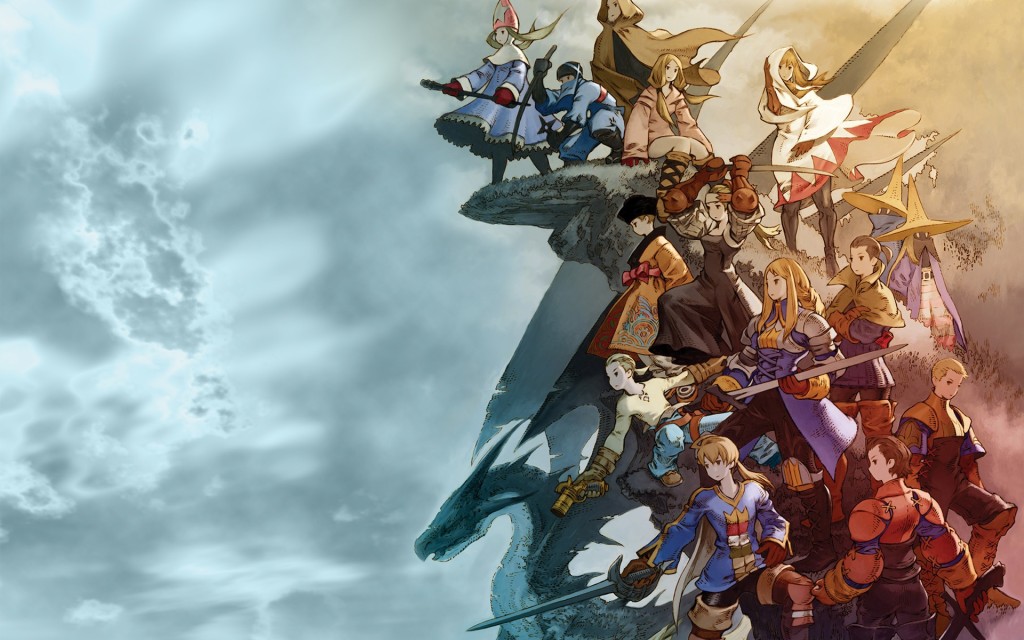Last updated on March 5, 2014
14 Remind them of these things, and solemnly charge them in the presence of God not to wrangle about words, which is useless and leads to the ruin of the hearers. 15 Be diligent to present yourself approved to God as a workman who does not need to be ashamed, accurately handling the word of truth.
2 Timothy 2
These kinds of articles drive me bananas. You could call me a nerd, but at the very least I strive for accuracy when I report on anything on this blog. If it’s wrong, and you can possibly show me the sources and distinctly why I am wrong, I will more than happily debate you about it. If it’s unequivocally wrong, then I will make sure to fix it and not misrepresent a game, a person, or otherwise.
But founding something on unfounded inference? On wishful thinking? On an agenda? That’s where I get off the train. I hate that kind of writing, the same way I hate when people tell me what I believe, or try to tell me what’s important. I am an independent, thinking human being; I can figure out what is important and what is not, thank you very much.
So it is in reference to Final Fantasy Tactics, which I wrote about in a long-winded article for the List. In the first part linked previously, I explain that the world of Final Fantasy Tactics does the same thing that every other Japanese RPG did in the 1990s: make the Church an enemy. This has as much to do with European missionaries imposing culture as it does a long-seated dislike of Western social values, but nonetheless everyone did it back then. As I said:
Furthermore, the “greatness” of Delita only lies within the realm of a false history fabricated in the past. Like that of the Church of Glabados, who founded their religion upon a demon (slayed by Ramza) unknowingly, the public of Ivalice praise Delita without knowing the true scale of his awful deeds. It is in objective history, the Germonik Scriptures (which detail the falsity of the Church’s doctrines) and the Durai Report that the true history reveals itself. The influence of history upon our own paradigm, similarly, changed the cultural paradigm into “secularism” from which we still live. The occult nature of true history is just as relevant to Tactics as it is to actual human civilization.
The best way to spice it up and make something obviously evil is making the Church of Whoever into a front for demonic resurrection. Breath of Fire II, a mediocre JRPG (although I like it for strange reasons) does this; so does, too, Final Fantasy Tactics. Many of these games take Christian conventions, throw some pious lies and faith into the mix, and then show that religion of the Western variety exists as a front for evil forces in the world. Some make you kill God, and some decide that he doesn’t exist; Final Fantasy Tactics falls distinctly in the latter category. It is, like most of Matsuno’s games, cold and cynical, logical and deductive. It makes things complicated, but doesn’t beat around the bush. Faith would be beating around the bush.
The Church of Glabados and its savior figure, Ajora, fit right into this narrative choice. The world of Final Fantasy Tactics, and that of the Ivalice mythos associated with it, is polytheistic. As Tom Slattery, the translator for War of the Lions, says:
The Church of Glabados is clearly modeled around Christianity, and the religion itself would seem to be a monotheistic one. Yet in the very opening scene of the game, Ovelia’s prayer mentions ‘kami-gami’ (gods, in the undeniable plural). Since the game’s script had made it clear that followers of the world’s religion spoke of more than one god, we retained that plurality in the English.
The world, clearly, intends to mirror Buddhist and Shinto beliefs obscured by a fanatical Christian framework – i.e., the true reality of the many forces is controlled by a powerful organization. Yasumi Matsuno’s long history of Ivalice implies that religions rose and fall over a long period of time, and that none of these religious structures are “the One True Faith”. The religions that precede the current one (like Pharism), the Church of Glabados, no longer exists because one usurped the other. In our case here, that was done for the purpose of demonic resurrection, but we might also attach an ideological notion to the whole story: power.
Final Fantasy Tactics constantly shows us how total and utter conviction, whether to king, country, or God, makes one into a power-hungry tyrant. The strong take advantage of the weak; some must sacrifice that which is most dear to them for the good of all. Or, at the least, what they think is for everyone’s good. I imagine Matsuno would say a independent mind that seeks the truth and selfless virtue should be held in the highest regard. Both of the main characters see through the facades and strings of power to forge their own path. This interesting article encapsulates the feel of Matsuno’s world:
But that is exactly what I love about Matsuno: he doesn’t deal with a naive world, where love and happiness always triumph over evil; Matsuno’s worlds are cruel, twisted places where good and evil are hard to distinguish and where anyone, even your loved ones, can stab you in the back. It’s a cruel and harsh reality, but a much more realistic one, nonetheless. It becomes all the more powerful because of the Shakespearean tone of his stories that adds a welcome sense of tragedy, hopelessness and irony to the plot.
Our protagonist, Ramza, rebels against the way of the world and seeks justice, an end to meaningless wars and oppressive religious powers. The various rulers, obvious and hidden, at play intend to stop him at every turn, from armies to church officials calling him a heretic to the demon Zodiac Lucavi who seek to resurrect their dark god and transform the world into their own image. One man seeks justice and truth; the others seeks to create it and mold it to their own ends. Delita uses every tool at his disposal to reach his ends, manipulating everyone just as they do to the common people. Two roads to the same end, in other words. Even the chapter titles show the progression of both characters (The Meager, The Manipulative and the Subservient, The Valiant, and In The Name of Love).
Ramza fights for family, then for himself and then for others; Delita fights for friends, then for revenge, and then for power. It’s a natural plot movement, and an obvious dichotomy. Two souls see how people really are right within the first chapter when Delita and Ramza both see how Teta is murdered by Algus. One reacts in disgust that his family would approve of such a vile act and seeks to find himself. One seeks to prevent others from being used like his sister, and intends to control all in order to do it. Ramza and Delita both have to choose to respond in control or in love. The choice tells us a great deal of what Matsuno thinks; is it any wonder that Ramza’s story is hidden throughout the ages and never comes to light? But the fact that gods/God are judging you doesn’t come into play; it is whether what you do is right that remains the true standard. The truth, in other words.

They are, in effect, the people who see the truth of the world: that there’s no religion at all except for that which was set in power. There may be spirits and spiritual forces, but not a loving God akin to the Bible. That is the wishful thinking Matsuno always avoids in every single one of his games, even in the Ogre Battle series. To say otherwise doesn’t capture the essence of the story. Final Fantasy Tactics is rather direct about this with the introduction of the Germonique Scriptures. Without it, I would be on shaky ground, but it reveals much more than I can tell.

